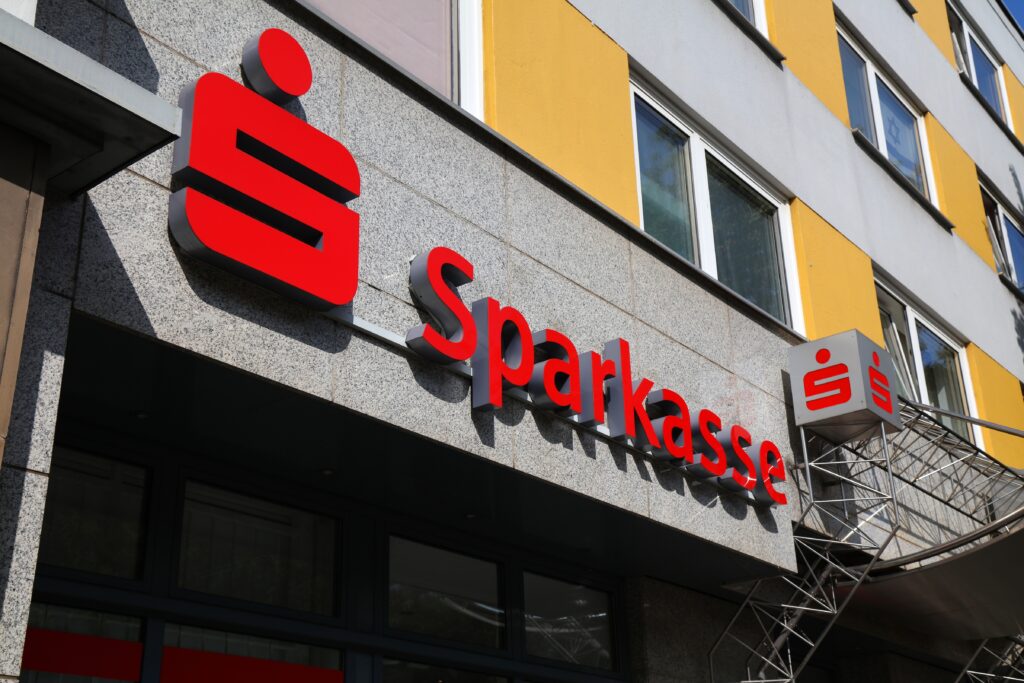
Key Takeaways:
- Sparkassen-Finanzgruppe will offer crypto trading via its app by summer 2026, reaching over 50 million customers.
- The move marks a sharp reversal from the group’s prior anti-crypto stance, aligning with the EU’s MiCA regulatory framework.
- Despite the shift, the bank maintains a cautious tone, labeling crypto as “highly speculative” and warning users of potential total loss.
Germany’s Sparkassen-Finanzgruppe, one of the country’s largest banking groups, plans to launch regulated crypto trading services by summer 2026.
This marks a major policy reversal after years of opposition to digital assets.
🇩🇪 BREAKING: GERMANY’S TOP BANK GROUP SPARKASSEN TO OFFER RETAIL CRYPTO TRADING BY 2026.
— Kyle Chassé / DD🐸 (@kyle_chasse) June 30, 2025
THE BANKS ARE CATCHING UP!!! pic.twitter.com/rrykogR1Tl
The new offering, managed by its subsidiary Dekabank, will be integrated into the Sparkasse app, potentially reaching over 50 million customers.
The move aligns with the EU’s Markets in Crypto-Assets (MiCA) regulation, which took effect in December 2024.
Despite the shift, the German Savings Banks Association (DSGV) stressed a cautious approach, labeling crypto as “highly speculative” and warning users about potential risks, including total loss.
🇩🇪GERMANY GOVERNMENT IS OUT. BUT GERMAN BANKS ARE IN?
— Coin Bureau (@coinbureau) July 1, 2025
🏦Germany’s largest banking group, Sparkassen, has reversed its three-year ban on digital assets — and is now gearing up to offer #Bitcoin trading by summer 2026.🚀 pic.twitter.com/EOWSLk961d
The bank will not promote the service and aims to provide transparent risk disclosures.
Sparkassen’s entry follows similar moves by other German banks.
DZ Bank partnered with Boerse Stuttgart Digital for a crypto pilot in 2024, while Landesbank Baden-Württemberg began offering institutional crypto custody via Bitpanda in 2023.
These developments reflect a broader trend of crypto adoption in traditional finance.
Sparkassen-Finanzgruppe includes over 500 institutions managing more than €2.5 trillion in assets.
The shift illustrates growing momentum for crypto integration in Europe’s banking sector, echoing industry views that banks resisting digital asset services may face long-term decline.

